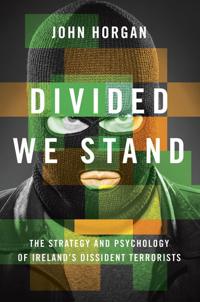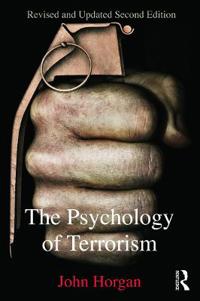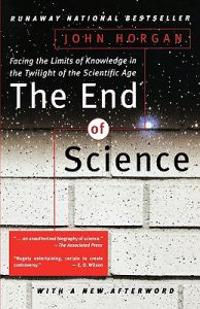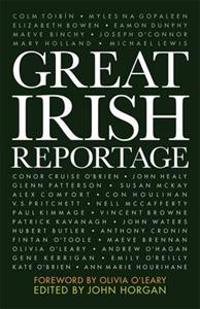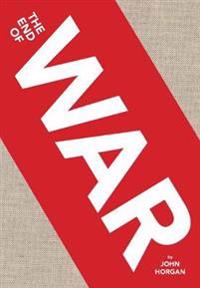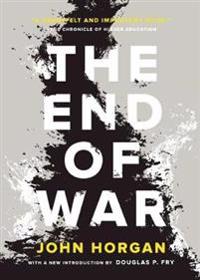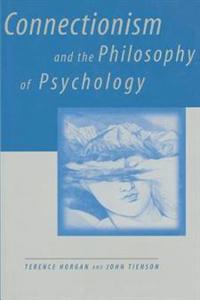Divided We Stand (Inbunden)
avJohn Horgan
ISBN: 9780199772858 - UTGIVEN: 201301Terrorism has returned to the streets of Northern Ireland. In the years after the 1998 Real IRA bombing of Omagh, which killed 29 people, violent dissident Republican groups have re-emerged as a major security threat to a region that has been denied peace, stability, and prosperity for too long. Tho[...]
Walking Away From Terrorism (Pocket)
avJohn Horgan
ISBN: 9780415439442 - UTGIVEN: 2009-05-11Offers a look at how and why individuals leave terrorist movements. This title considers the lessons and implications that emerge from this process.[...]
The Psychology of Terrorism (Häftad)
avJohn Horgan
ISBN: 9780415698023 - UTGIVEN: 2014-06This new edition of John Horgan's critically acclaimed book is fully revised and expanded. The book presents a critical analysis of our existing knowledge and understanding of terrorist psychology. Despite the on-going search for a terrorist pathology, the most insightful and evidence-based researc[...]
The Undiscovered Mind: How the Human Brain Defies Replication, Medication, and Explanation (Häftad)
avJohn Horgan
ISBN: 9780684865782 - UTGIVEN: 2000-11GRAY MATTER UNDER INVESTIGATION
In his acclaimed book "The End of Science, " John Horgan ignited a firestorm of controversy about the limits of knowledge in a wide range of sciences. Now in "The Undiscovered Mind" he focuses on the single most important scientific enterprise of all -- the effor[...]The Psychology Of Terrorism (Pocket)
avJohn Horgan
ISBN: 9780714682396 - UTGIVEN: 2005-06-09How and why does someone become a terrorist? Are there common causes? Is there a terrorist personality? This book presents a critical analysis of our existing knowledge and understanding of terrorist psychology, and in doing so, highlights the substantial shortcomings and limitations of the nature a[...]
Great Irish Reportage (Inbunden)
avJohn Horgan
ISBN: 9781844883219 - UTGIVEN: 2013-09Reports and dispatches from Ireland's finest writers: the first-ever anthology of Irish reportage. Alongside its world-famous tradition of great fiction, Ireland has a less well known but thrilling tradition of reportage: journalism, dispatches and eyewitness accounts. From Elizabeth Bowen to Colm T[...]
Great Irish Reportage (Häftad)
avJohn Horgan
ISBN: 9781844883394 - UTGIVEN: 2014-09Reports and dispatches from Ireland's finest writers: Great Irish Reportage, edited by John Horgan. Alongside its world-famous tradition of great fiction, Ireland has a less well known but thrilling tradition of reportage: journalism, dispatches and eyewitness accounts. From Elizabeth Bowen to Colm [...]
The End of War (Inbunden)
avJohn Horgan
ISBN: 9781936365364 - UTGIVEN: 201112War is a fact of human nature. As long as we exist, it exists. That's how the argument goes.
But longtime "Scientific American" writer John Horgan disagrees. Applying the scientific method to war leads Horgan to a radical conclusion: biologically speaking, we are just as likely to be pea[...]The End of War (Häftad)
avJohn Horgan
ISBN: 9781938073120 - UTGIVEN: 2014-08War is a fact of human nature. As long as we exist, it exists. That's how the argument goes. But longtime Scientific American writer John Horgan disagrees. Applying the scientific method to war leads Horgan to a radical conclusion: biologically speaking, we are just as likely to be peaceful as viole[...]
Connectionism and the Philosophy of Psychology (Häftad)
avTerence E. Horgan, John Tienson
ISBN: 9780262519854 - UTGIVEN: 1996-05Human cognition is soft. It is too flexible, too rich, and too open-ended to be captured by hard (precise, exceptionless) rules of the sort that can constitute a computer program. In "Connectionism and the Philosophy of Psychology," Horgan and Tienson articulate and defend a new view of cognition. I[...]

